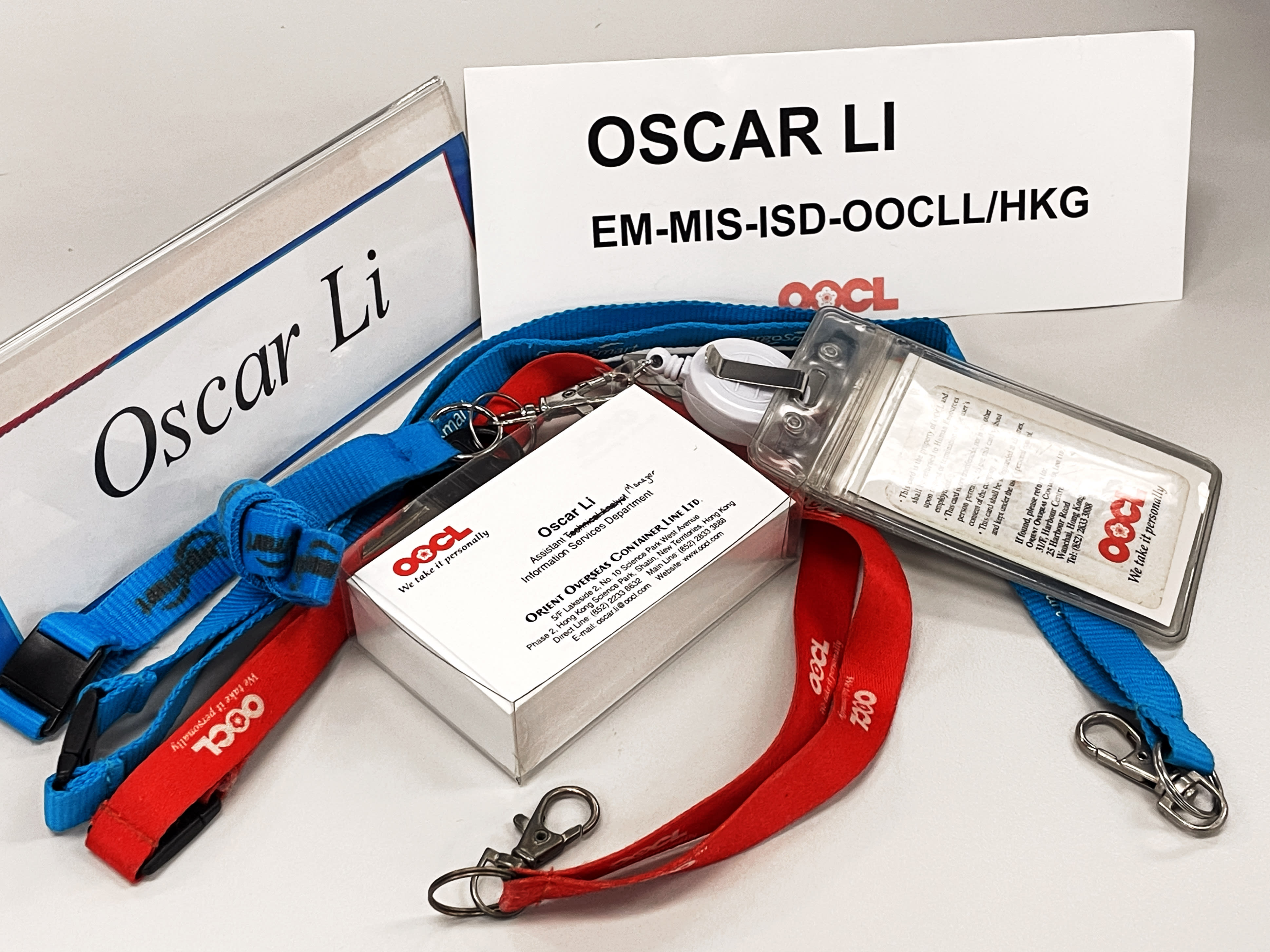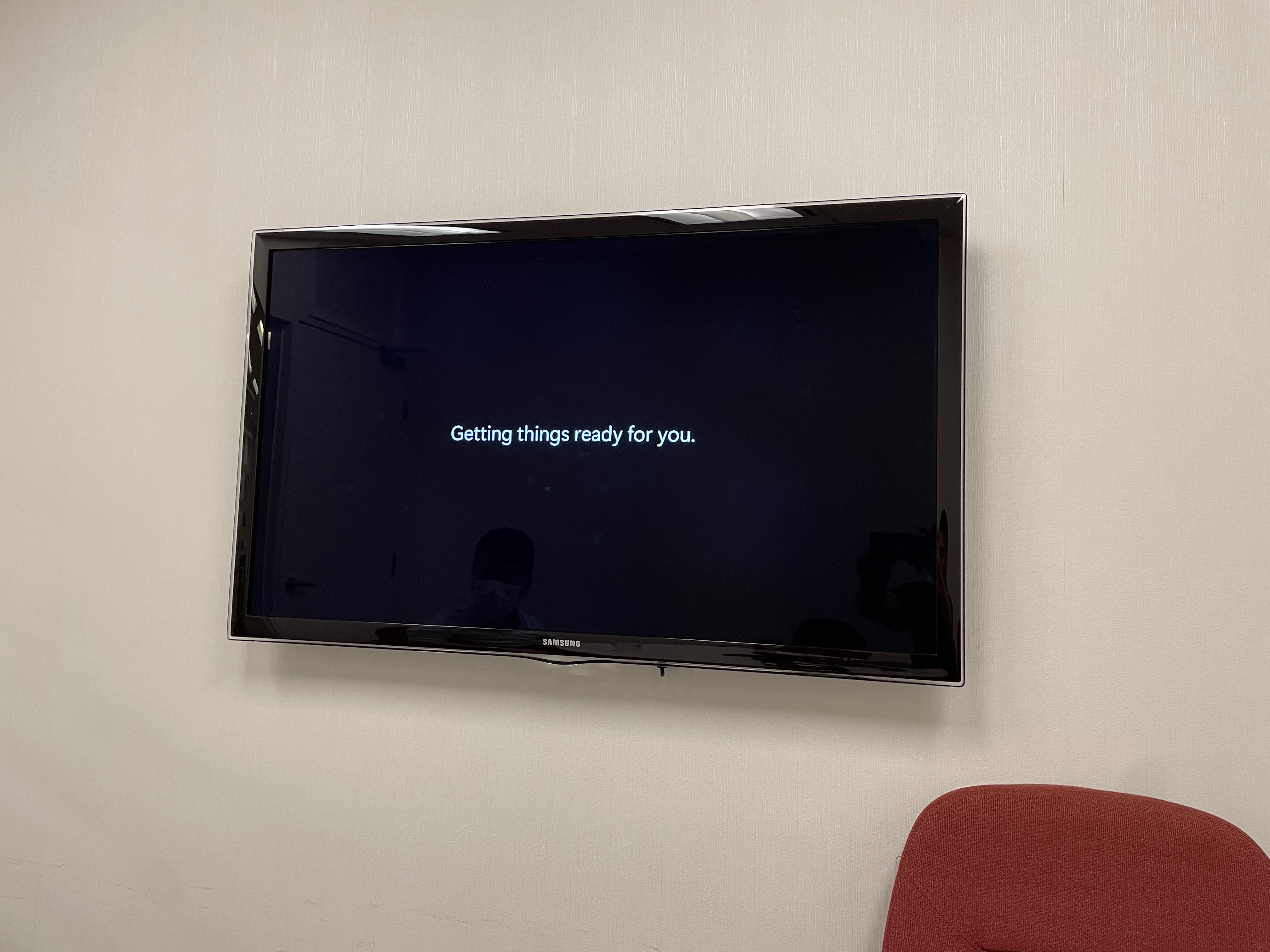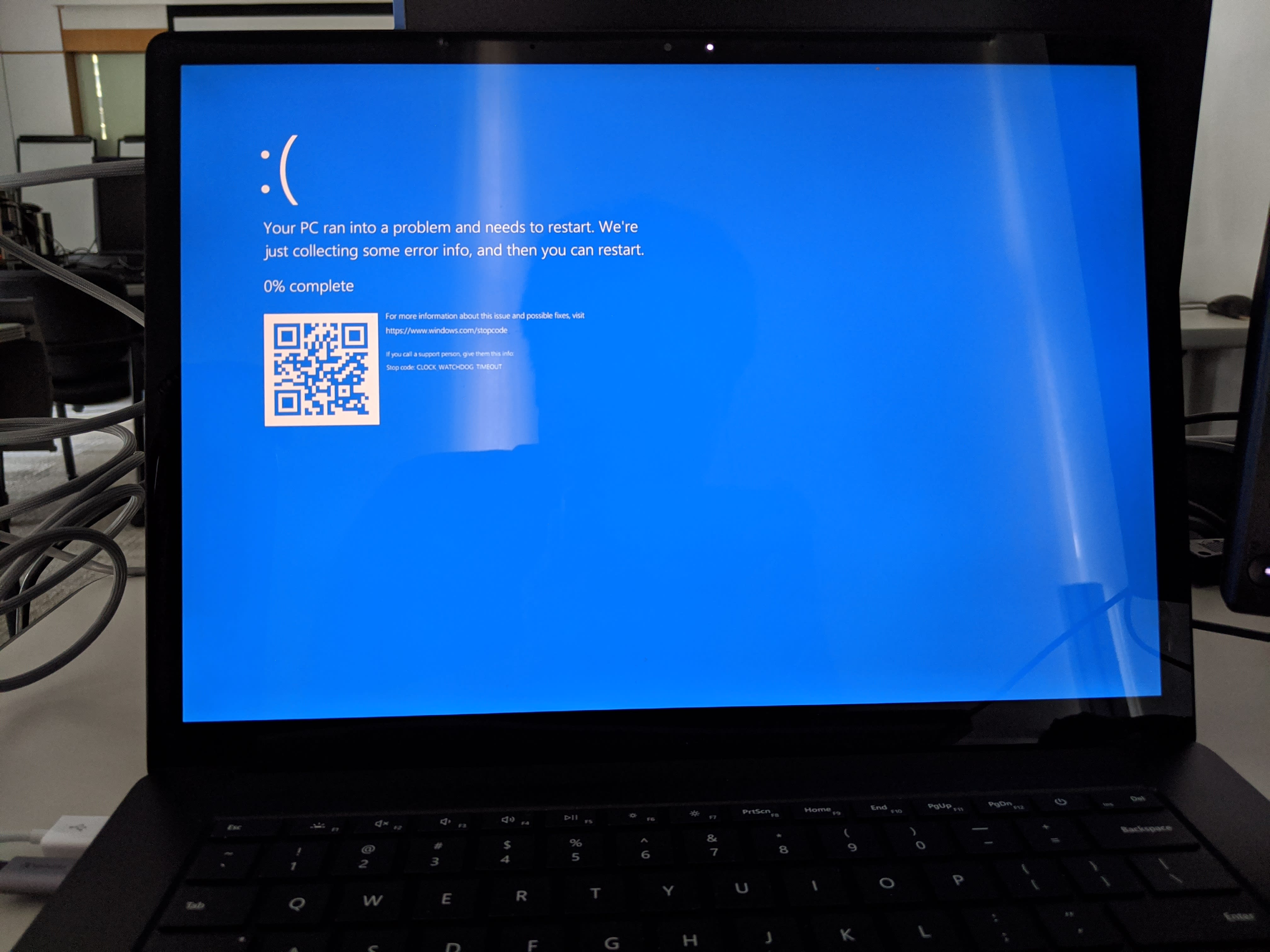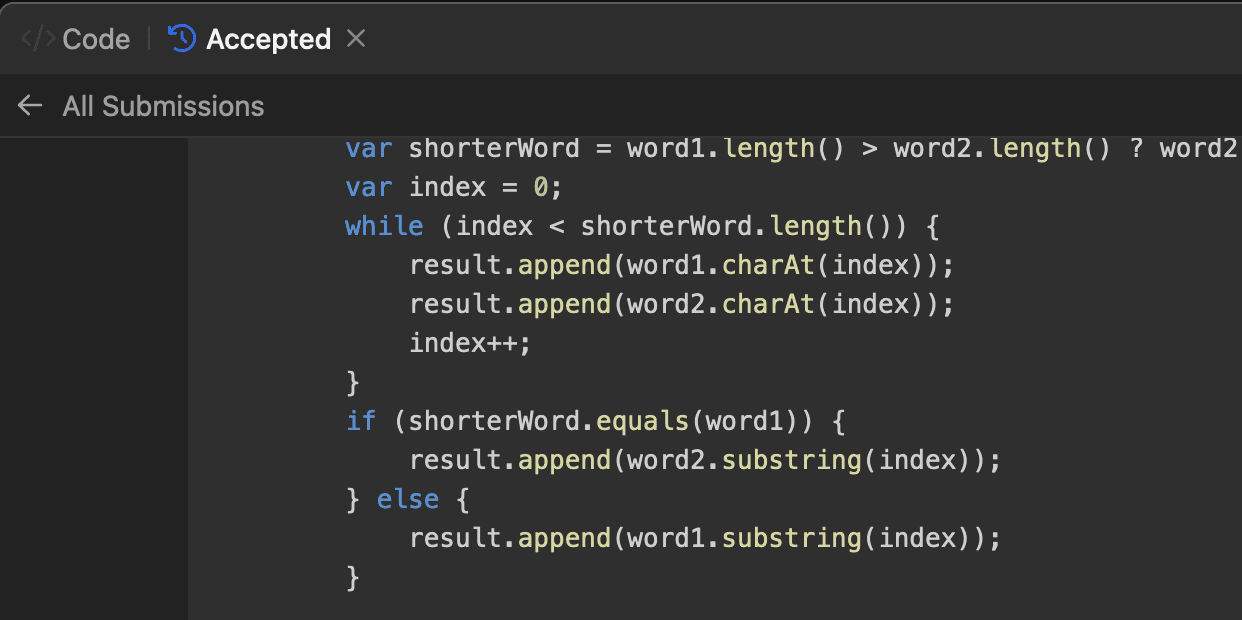
No, You Probably Won’t Want to Buy an Espresso Machine
So you want to buy an espresso machine?

So you want to buy an espresso machine?

Feeling stuck even after investing long hours of work? Here’s a solution that looks counter-intiutive: spend less time work each day.

After 43 days of nomadic lifestyle, I finally settled in London.

In May, my girlfriend and I start preparing to move to the UK. Moving out is challenging, especially when moving to another side of the world. It involves numerous tasks. One day, my girlfriend complained about my working style. It lacked transparency – she could not understand my progress or our plan. “You have been a project manager / Scrum Master for a long time,” said my friend during our video chat, “It’s time for you to apply your PM skills in this life project.” Indeed, I tried many skills and techniques while I was working at the office. Life is also one of the “products”. Those techniques might work in managing my life. ...

After 13 years, I finally left OOCL, the first company where I worked as a permanent staff. I started as an Assistant Technical Analyst (equivalent to SWE I). I had been climbing the engineering ladder for years and became an Engineer Manager in 2020, leading a product team. Last year, I planned to move to the UK to seek better opportunities. After spending over a half year experimenting with almost everything I’ve learned in Agile while delivering a product satisfying the stakeholders, I told my manager it was time to move on. ...

Last time, I wrote about how I started the Scrum Team without stressing the Scrum terms. After the preparation before everything begins, it’s time to start our development cycle. Daily Scrum Our Daily Scrum is similar to the standard one. Apart from developers, our manager also attends the Daily Scrum. Some might argue against the existence of the managers in the Daily Scrum. The Scrum Guide states that Daily Scrum is an event for Developers, but it isn’t meant to disallow managers’ existence. ...

Returning to the time I was told by my team manager I was going to form a new team to work on a new product, I’ve never thought that in almost 4 years, my team has grown and sustained in a way different than other teams in the company. When I was in my previous team, many people struggled using Scrum. People are obsessed with Story Pointing. Some team members refused to attend the Sprint Review and Retrospective. Everyone works without a clear goal but only emptying the backlog and fighting the deadlines. Arguments like Code Refactoring versus meeting the deadlines and estimation versus actual were everywhere. There were times that I doubted if Scrum brought us a tough time. There were times that I almost wanted to quit the job due to the burnout. ...

“Have you ever read the Scrum Guide?”

“Do you code during your leisure time?” the consultant asked my team while coaching us towards the Agile journey over 6 years ago. “Coding is fun,” the consultant continued, “I code a lot during the weekend.” As a software developer, coding is our daily job. We’re already tired of facing the computer and the console. If we code during our leisure time, it looks like we can’t rest and leave the “daily job” on the table. ...
 on [Unsplash](https://unsplash.com/photos/person-in-black-jacket-walking-on-green-grass-field-JKnrqrhIOH8)](https://res.cloudinary.com/oscar-li-assets/image/fetch/f_auto,q_auto/https://oscarhkli.com/images/2024/05/tobias-rademacher-JKnrqrhIOH8-unsplash.jpg?_a=BBFAAAAA0)
Adopting Story Points as a measurement tool is now one of the anti-patterns in the Scrum world nowadays. However, many product teams are still using this. The majority of them, even worse, emphasise the accuracy of their plan by comparing the estimated story points with the actual completed story points. They’re afraid of carrying over the unfinished Product Backlog Items and upsetting the stakeholders. The more time the team spends in planning, the less time they can work on the actual items. Their overplanning creates an illusion that they know everything about the upcoming Sprint. When it deviates, they feel nervous and only think of fulfilling the estimated story points. In the next Sprint, they put even more effort into planning. ...